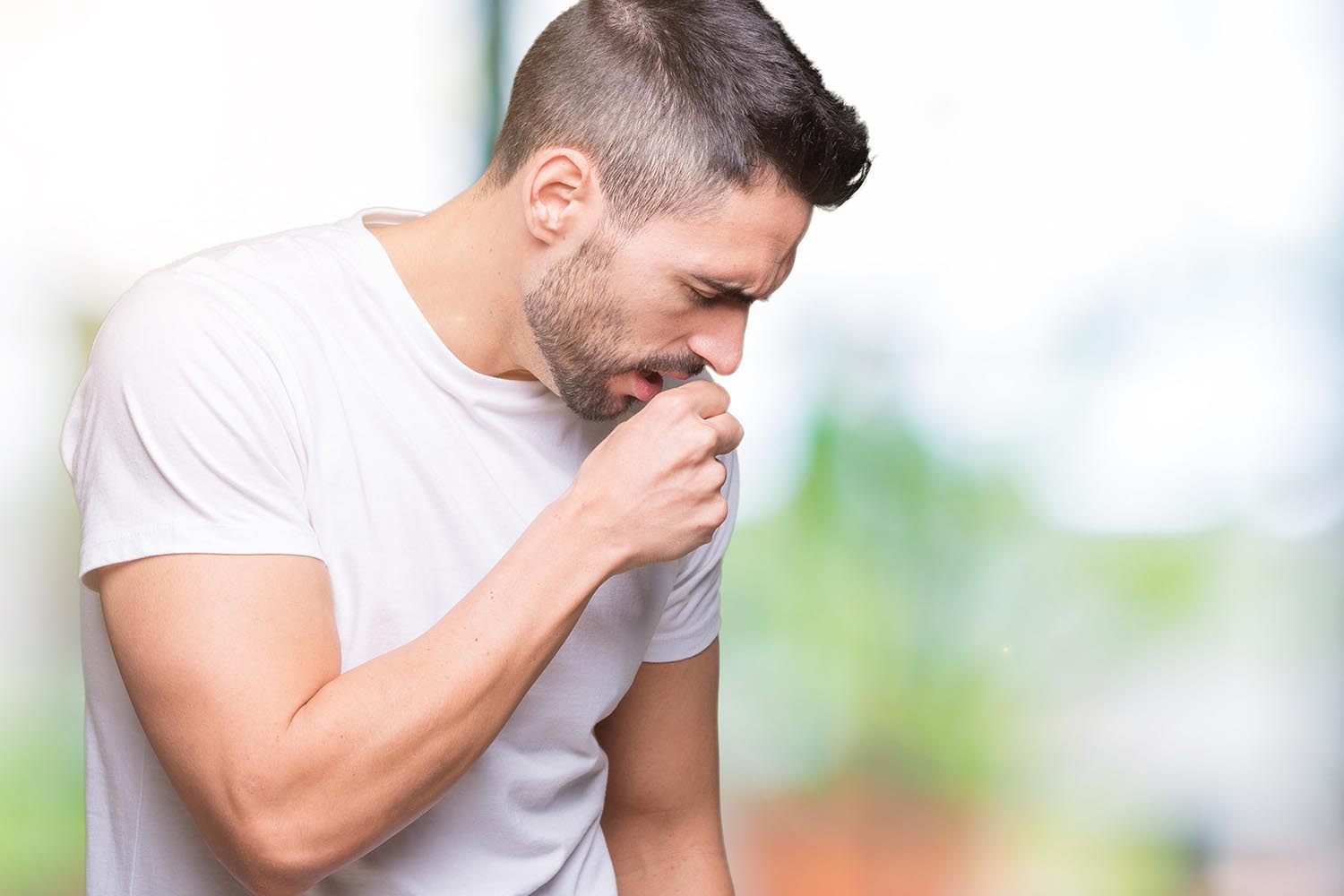by | Apr 14, 2024 | Family Health

Are Babies Affected by Seasonal Allergies?
Spring is here, and the city is bursting with vibrant colors, signaling the arrival of warmer weather and outdoor fun. As you explore the parks with your children, you may notice that your baby is more congested and fussier than usual. This can make you wonder if they are experiencing seasonal allergies. Let’s delve into what seasonal allergies are, whether babies can get them, and how to address the resulting sniffling and sneezing.
Understanding Allergic Rhinitis
Seasonal allergies, or “allergic rhinitis,” commonly known as “hay fever,” occur when the nose and its mucus membranes become inflamed due to airborne allergens like pollen, dust mites, animal dander, mold, and cockroach waste. These allergens trigger the immune system to release histamines and other chemicals, leading to various symptoms such as sneezing, itchy eyes, throat, nose, or ears, and even skin rashes.
Babies under two years old are unlikely to have seasonal allergies due to insufficient exposure to pollen and other outdoor allergens. However, they might show symptoms from other year-round allergens like pet dander or dust mites. This makes it crucial to understand the causes and contributors to allergic reactions in babies and young children.
Causes and Contributors to Allergies
The development of allergies depends on a combination of genetics, environmental factors, and immune response. If allergies run in the family, there’s a greater chance that a child will develop them. For children with one parent with allergies, there’s a 30-50% chance of developing them. If both parents have allergies, the likelihood jumps to 60-80%.
In addition to genetic predispositions, other factors that can contribute to allergy-like symptoms in babies and young children include nasal dryness, a lack of indoor humidity, asthma, severe eczema, milk allergy, or viral infections.
Recognizing the Symptoms
Seasonal allergy symptoms in children are similar to those in adults but can be easily mistaken for a common cold. The key differences are that allergy symptoms persist as long as the child is exposed to the allergen, while cold symptoms usually resolve within a week. Here are common signs of seasonal allergies in children:
- Stuffy or runny nose with clear discharge
- Sneezing
- Itchy nose, throat, eyes, or ears (not typical with colds)
- Nosebleeds
- Dark circles or creases under the eyes
- Sniffling and snorting
- Throat clearing
- Red or watery eyes
- Rash or hives
- Year-round allergic rhinitis may also lead to ear infections, snoring, mouth breathing, and trouble with schoolwork due to discomfort or interrupted sleep. A consistent line or crease across the bridge of the nose from frequent rubbing or scratching can be another sign of allergies.
Managing Allergy Symptoms
Managing seasonal allergies in babies and young children requires a combination of medication and strategies to reduce allergen exposure. Always consult with your pediatrician or allergist for advice tailored to your child’s needs.
Medication Tips:
- Begin allergy medication a couple of weeks before allergy season starts and continue throughout the season.
- Keep allergy eye drops in the fridge for extra soothing effects.
- Use nasal sprays to help with drainage and stuffiness.
- Discuss over-the-counter antihistamines and other medications with your pediatrician, especially for younger children. Be cautious with decongestants, as they can cause serious side effects in some children.
Reducing Allergen Exposure:
- Keep windows and exterior doors closed to prevent allergens from entering your home.
- Use HEPA air purifiers to filter out allergens.
- Have your child shower or wash their hands and face after outdoor activities to reduce allergen contact.
- Wash bedding and vacuum floors regularly to minimize allergens.
- Keep air conditioning set to re-circulate to avoid pulling in outdoor air.
While seasonal allergies can be a challenge, understanding the causes and symptoms and knowing how to manage them can make a significant difference in your child’s comfort. By being proactive and implementing allergy-reducing strategies, you can help your little one navigate spring with fewer sneezes and more smiles. If your child’s symptoms become severe or chronic, be sure to visit our Indian Trail team by pre-registering for prompt and compassionate care for your family.


